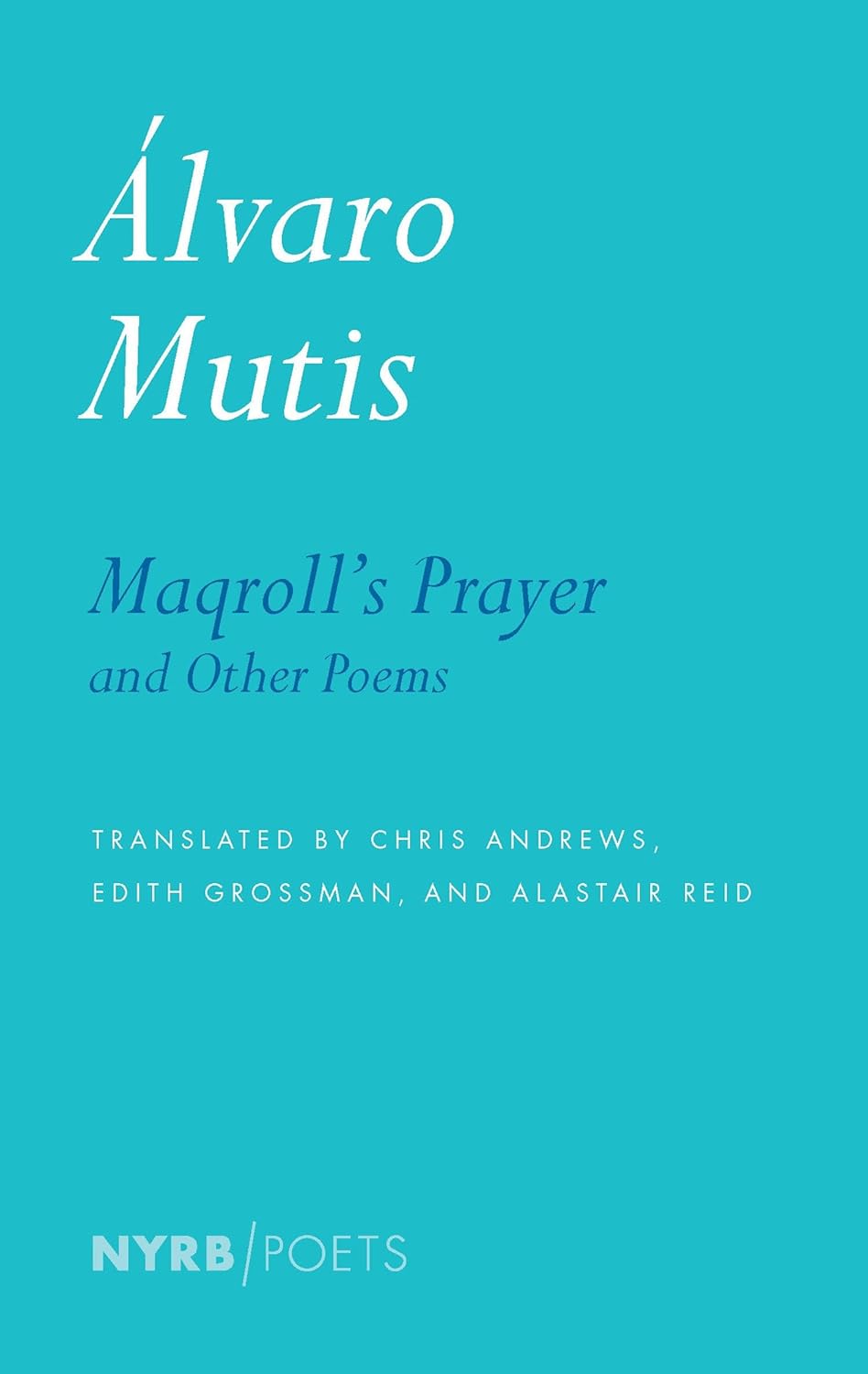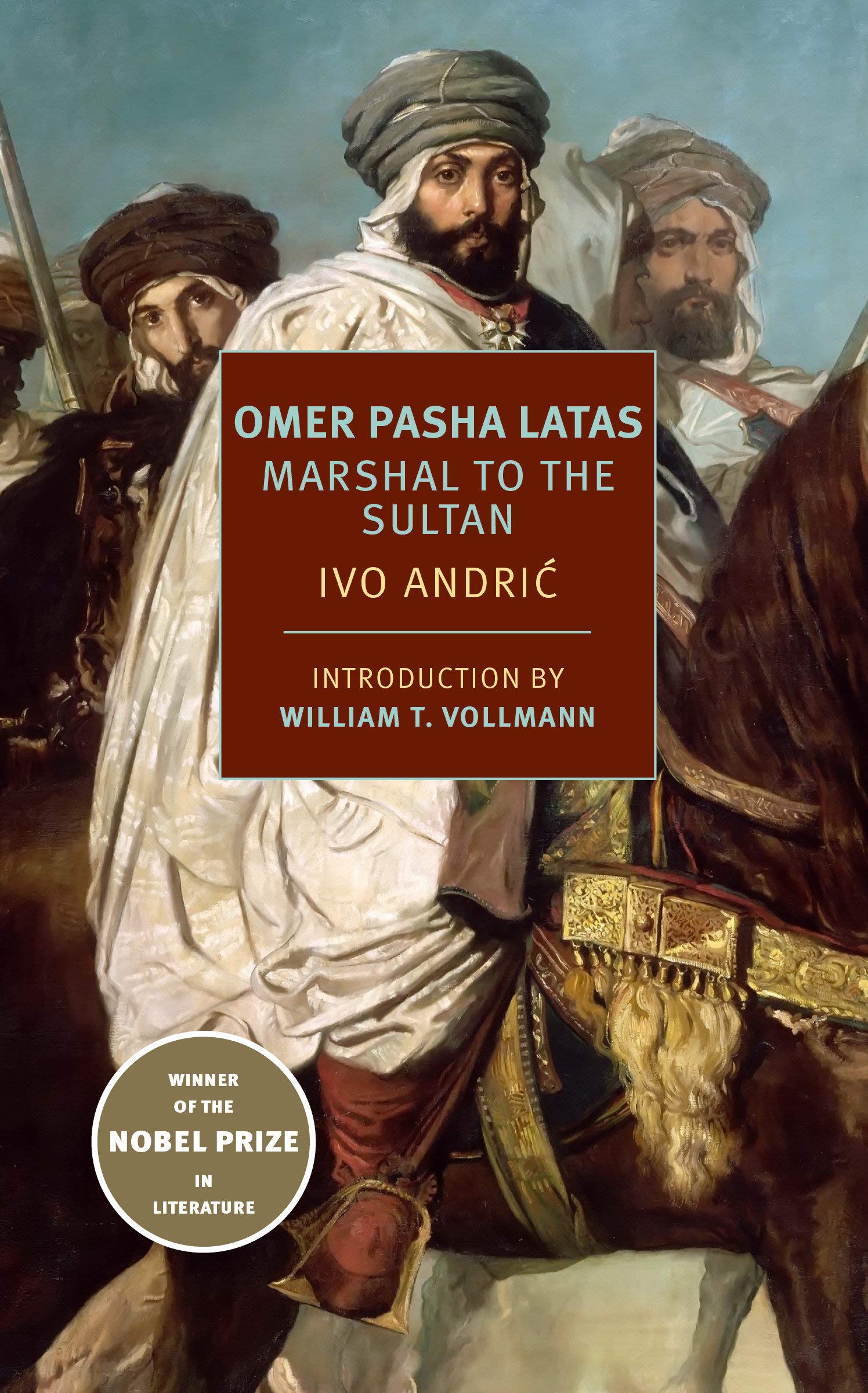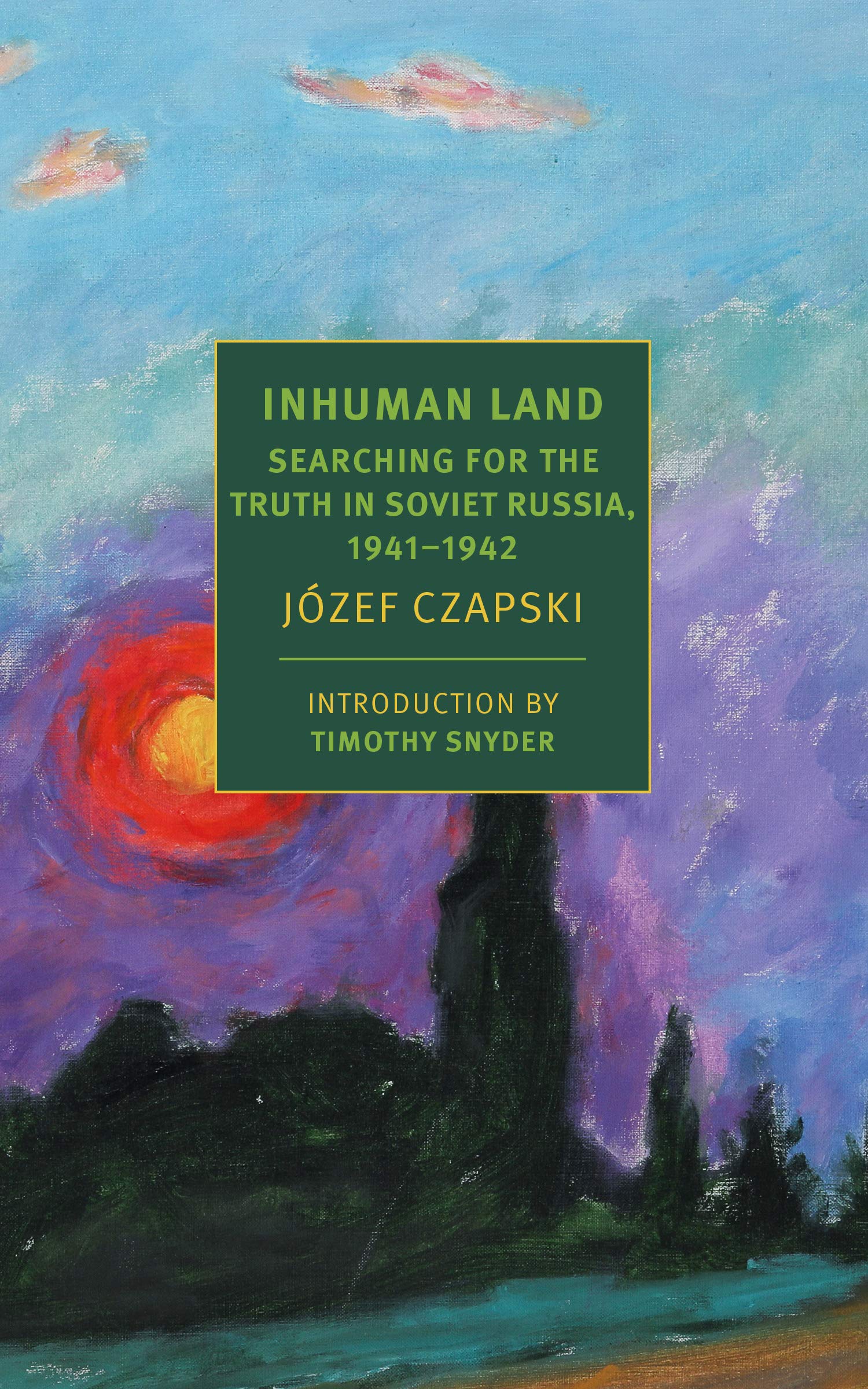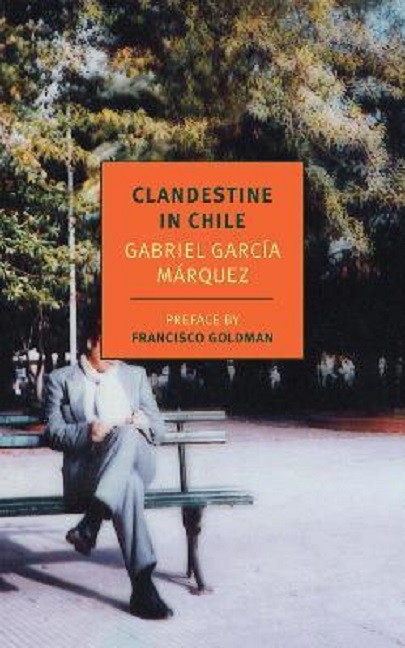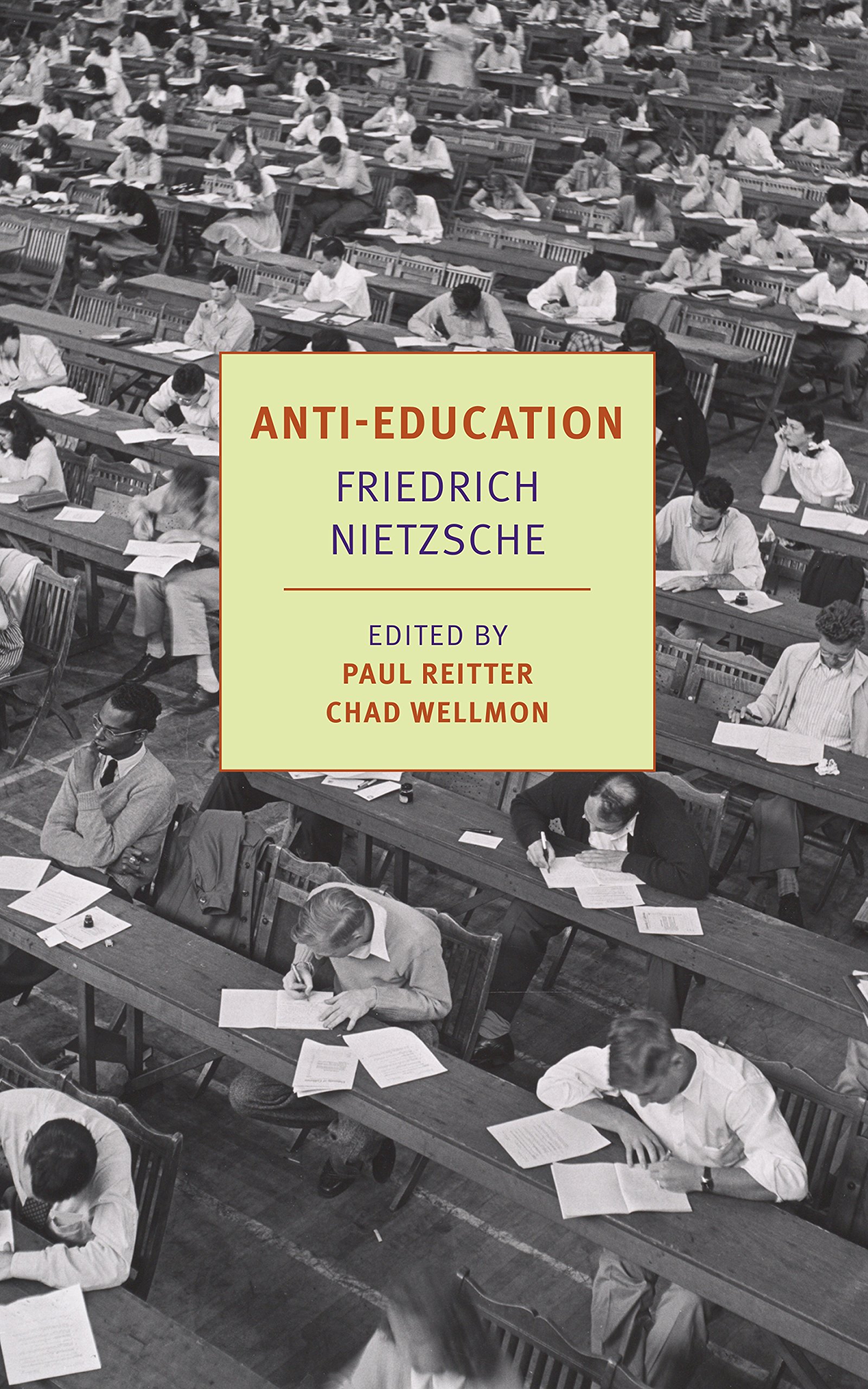Rahel Varnhagen. The Life of a Jewish Woman | Hannah Arendt, Barbara Hahn
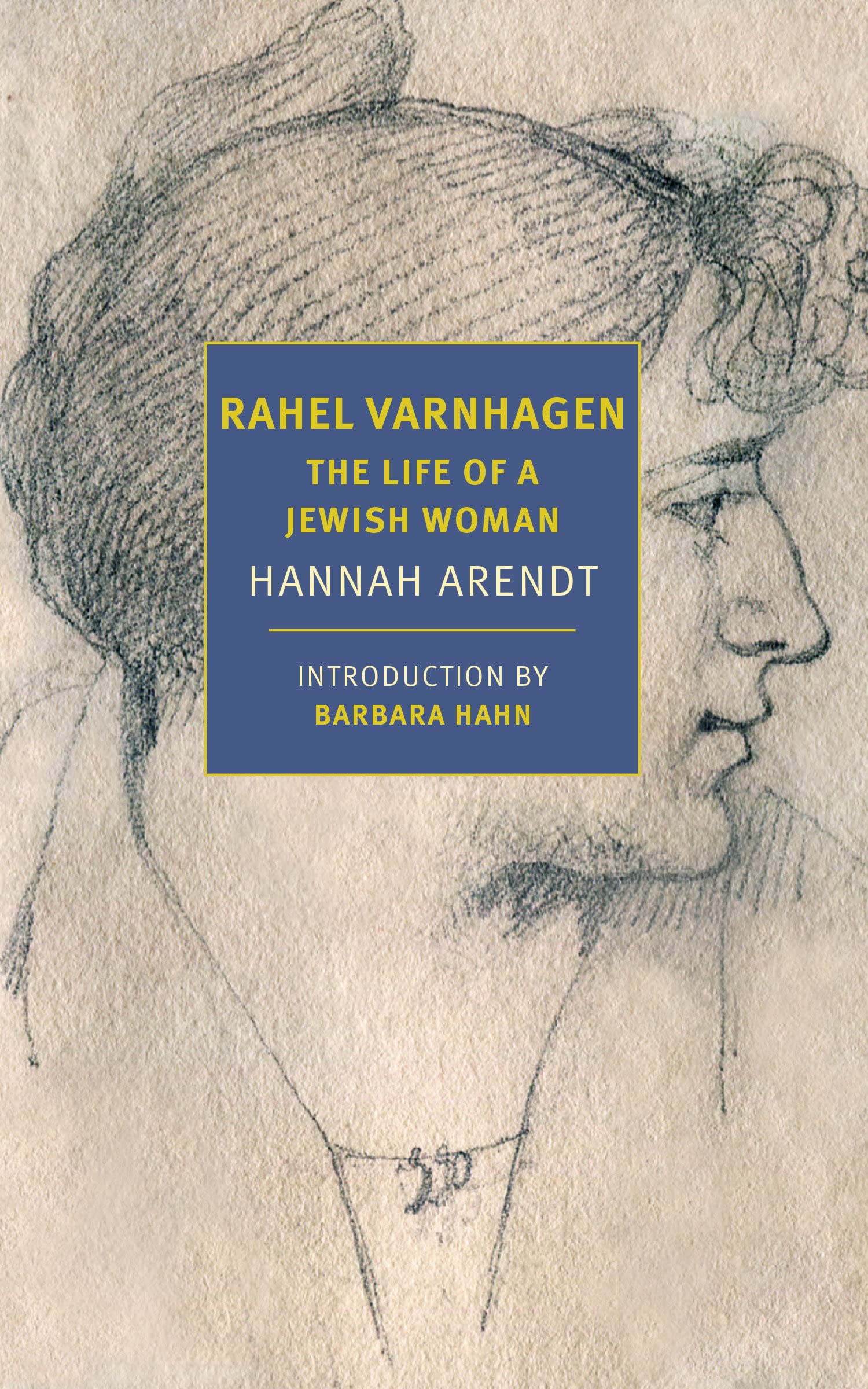
Detalii Rahel Varnhagen. The Life of
carturesti.ro
93 Lei
Carte straina
The New York Review of Books
Rahel Varnhagen. The Life of - Disponibil la carturesti.ro
Pe YEO găsești Rahel Varnhagen. The Life of de la The New York Review of Books, în categoria Carte straina.
Indiferent de nevoile tale, Rahel Varnhagen. The Life of a Jewish Woman | Hannah Arendt, Barbara Hahn din categoria Carte straina îți poate aduce un echilibru perfect între calitate și preț, cu avantaje practice și moderne.
Caracteristici și Avantaje ale produsului Rahel Varnhagen. The Life of
- Departament: gaming-carti-birotica
- Ideal pentru pasionații de jocuri, birotică și distracție online.
Preț: 93 Lei
Caracteristicile produsului Rahel Varnhagen. The Life of
- Brand: The New York Review of Books
- Categoria: Carte straina
- Magazin: carturesti.ro
- Ultima actualizare: 11-11-2024 01:46:56
Comandă Rahel Varnhagen. The Life of Online, Simplu și Rapid
Prin intermediul platformei YEO, poți comanda Rahel Varnhagen. The Life of de la carturesti.ro rapid și în siguranță. Bucură-te de o experiență de cumpărături online optimizată și descoperă cele mai bune oferte actualizate constant.
Descriere magazin:
A biography of a Jewish woman, a writer who hosted a literary and political salon in late eighteenth- and early nineteenth-century Germany, written by one of the twentieth century\'s most prominent intellectuals, Hannah Arendt.Rahel Varnhagen: The Life of a Jewish Woman was Hannah Arendt\'s first book, largely completed when she went into exile from Germany in 1933, though not published until the 1950s. It is the biography of a remarkable, complicated, passionate woman, and an important figure in German romanticism. Rahel Varnhagen also bore the burdens of being an unusual woman in a man\'s world and an assimilated Jew in Germany.She was, Arendt writes, "neither beautiful nor attractive . . . and possessed no talents with which to employ her extraordinary intelligence and passionate originality." Arendt sets out to tell the story of Rahel\'s life as Rahel might have told it and, in doing so, to reveal the way in which assimilation defined one person\'s destiny. On her deathbed Rahel is reported to have said, "The thing which all my life seemed to me the greatest shame, which was the misery and misfortune of my life--having been born a Jewess--this I should on no account now wish to have missed." Only because she had remained both a Jew and a pariah, Arendt observes, "did she find a place in the history of European humanity."

Produse asemănătoare

Rahel Varnhagen. The Life of a Jewish Woman, Paperback/Barbara Hahn
![]() elefant.ro
elefant.ro
Actualizat in 21/12/2024
103.99 Lei

Rahel Varnhagen. The Life of a Jewish Woman | Hannah Arendt, Barbara Hahn
![]() carturesti.ro
carturesti.ro
Actualizat in 11/11/2024
93 Lei

